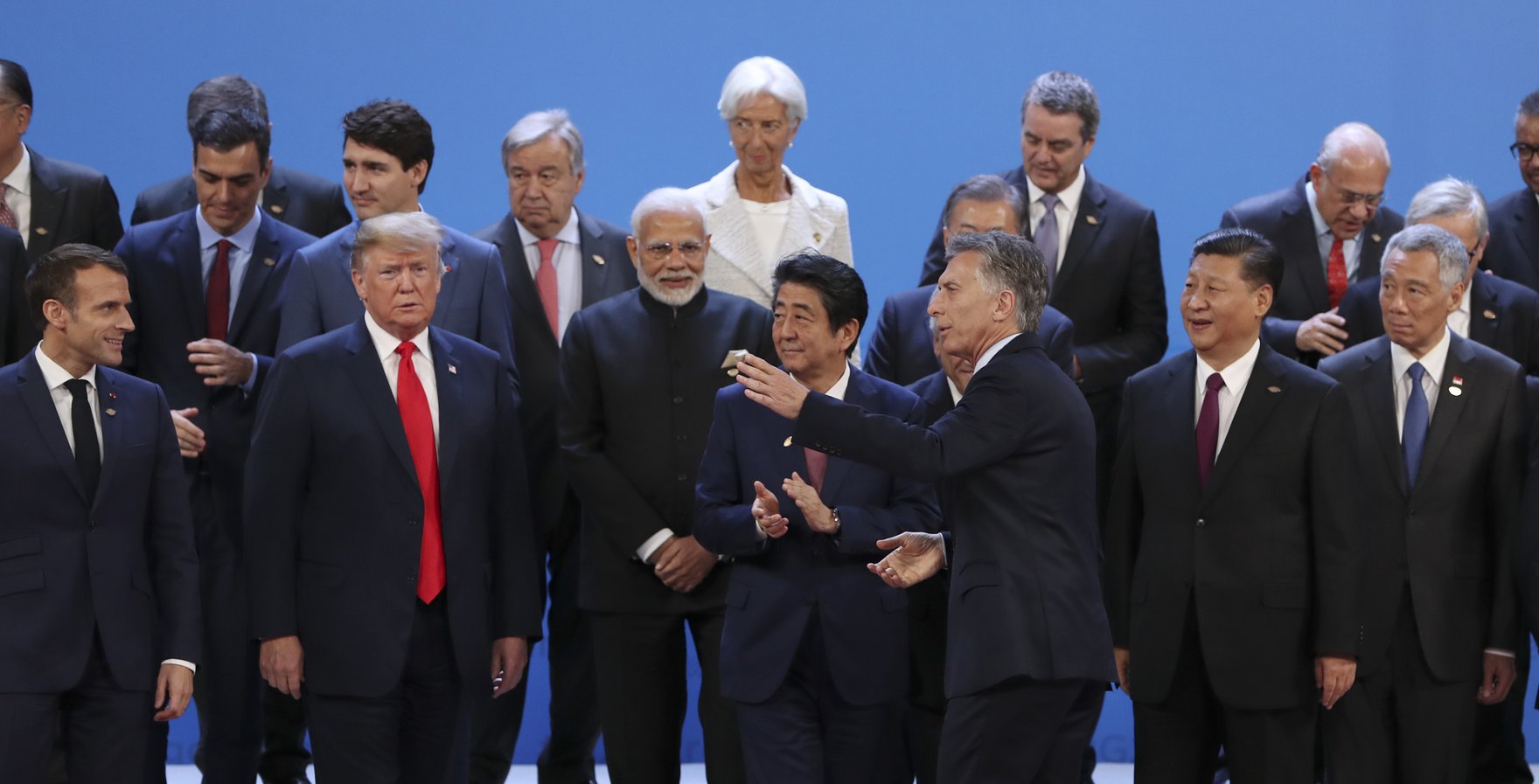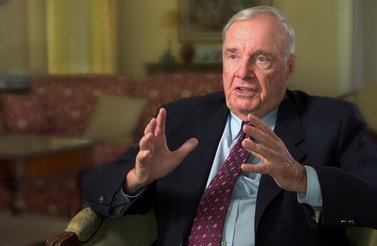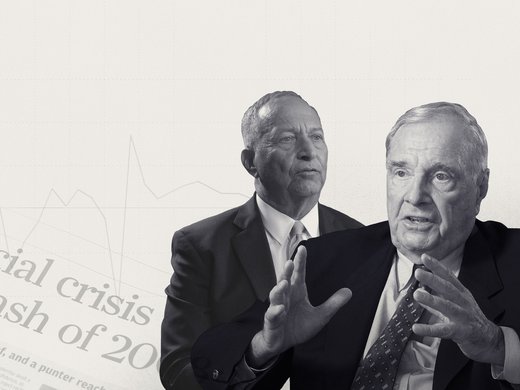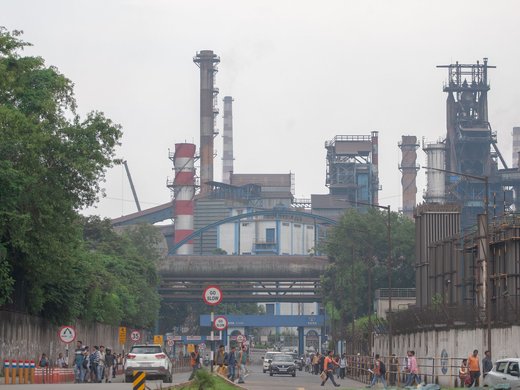The Group of Twenty (G20) made no promises to put down their trade weapons in their communiqué signed in Buenos Aires last week. They only took note of “current trade issues.” Leaders also acknowledged the obvious — that the multilateral trading system is not working well — but they quietly dropped their traditional (and largely unfulfilled) commitment to resist protectionism.
Nevertheless, some elements of the communiqué were positive. Leaders pledged to work together to improve the “rules-based international order” and, for the first time, used plain language to acknowledge that it is “necessary” to reform the World Trade Organization (WTO) and expressed willingness to “review progress” at their next summit. The summit also ended with a 90-day trade truce between the United States and China, and the city of Buenos Aires was spared from the riots and destruction that ravaged Hamburg in 2017.
To be sure, honesty about global trade problems is better than papering over the issues with ambiguities and lip-service commitments to resist protectionism. Unfortunately, the leaders have yet to address the root of the issue.
Competing Agendas at the Table
Impressively, work to reform the WTO has already started. A group of like-minded countries, led by Canada, is working to identify a set of reforms that could gain support from a critical number of WTO members. This is likely to be a difficult and unpredictable process; the group’s fate will depend on America’s readiness to set aside President Donald Trump’s “America First” doctrine and abide by the new multilateral rules.
It’s important to acknowledge that getting G20 leaders to accept that the WTO needs serious reforms is no minor achievement. There are, however, two competing agendas at play. The first — addressing the WTO’s weaknesses — is an important task. The second agenda — a dangerous revival of nationalism — is important for Trump, and unfortunately, it sounds good to a lot of citizens too.
The revival of nationalism has more to do with fear of job loss and anxiety about social status than it has to do with the WTO’s outdated rules. In many rich and (hitherto) liberal democracies, the political environment is becoming more radical. Moderates lose ground as people feel that their lives and livelihoods are threatened by imports and immigrants. As a result, international cooperation on trade is increasingly compromised. Protectionism, then, cannot be defeated by improving the WTO’s rules; if leaders are serious about working together to improve the rules-based international order, they will need to reconcile people with trade.
Reconciling People with Trade
Stating in the communiqué that “international trade and investment are important engines of growth, productivity, innovation, job creation and development” is of no help. Such language is ideal for economists, but it brings no comfort to ordinary people. This statement fails to acknowledge that trade and technological innovations have dramatically affected the distribution of economic activity and income across countries and regions. It fails to tackle head-on the root of the nationalistic revival.
Governments need to implement costly fiscal and structural reforms. These will be largely domestic policies that must be tailored to national circumstances. However, in the integrated global economy, even domestic policies need to somewhat cohere with those of its trading partners.
For example, facilitating job creation, retraining workers or support the unemployed could provide the cohesive structural reform that is needed to alleviate the anguish of everyday people — and perhaps, stifle nationalism. Such initiatives, however, come at a price. While they would generate long-term benefits, they are cost-heavy up front. As a result, the first mover runs a risk. If an individual country implements such policies while the others do not, the first actor’s competitiveness could suffer, and calls for protectionism could resound even louder.
Challenges Ahead
Some commentators believe that the communiqué could have been stronger, had the summit’s chair not been operating under the glare of Trump. Perhaps so, but given Argentina’s vulnerable economic situation and dependence on the International Monetary Fund, President Mauricio Macri’s keenness to accommodate the interests of the Fund’s largest shareholder comes as no surprise.
It’s worth recognizing that Macri did indeed entice the G20 leaders to adopt a communiqué — something not achieved at either the last Group of Seven summit or the recent Asia-Pacific Economic Cooperation meeting.
President Macri has now passed the helm to Japan’s Prime Minister Shinzo Abe. Given Japan’s deep commitment to trade liberalization, maybe Abe will be able to encourage the global cooperation necessary for a functioning multilateral trade system.
However, the G20’s capacity to promote a de-escalation of trade tensions and restore a positive cooperative environment will ultimately depend on leaders’ willingness to implement domestic reforms to reconcile people’s everyday economic anguish and halt the resulting rise of protectionism.




